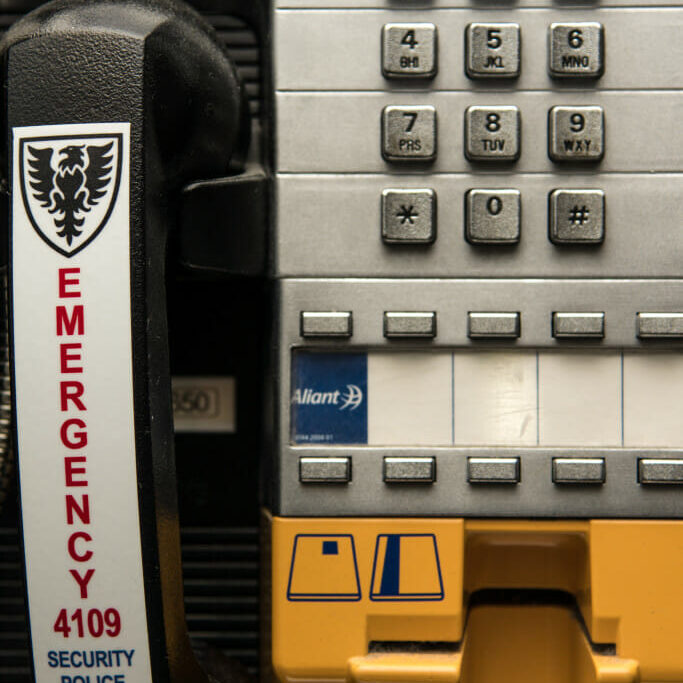
DSU asks Dal for $44,000 to continue Sexual Assault & Harassment Phone Line
How the phone line reflects deeper problems at Dal
As the pilot project of their Sexual Assault & Harassment Phone Line draws to a close on Nov. 20, the Dalhousie Student Union (DSU) is working with the university to try and establish financial support for the phone line until the end of the spring term.
“Even at the very start, it was something that we wanted to have as a service to offer all the time to students,” says Kaitlynne Lowe, DSU Vice President (Internal). “Financially, we weren’t able to fully fund the project for an entire year.”
The line is anonymous and available 24/7, aimed at Dalhousie and King’s students to provide non-judgmental peer-to-peer support for victims of sexual and gender-based harassment and violence.
“If you call we don’t ask if you’re a student, you just talk. No call is going to be ignored.”
“Our hope is definitely contingent on receiving funding,” Lowe says. The DSU is looking to the university to contribute $44,000 to fund the phone line at least until the end of the spring term.
The phone line has been quite successful: the volunteers have seen an increase in uptake on a weekly basis as the project has progressed, and a broad range of reasons behind the calls.
“The calls range from someone who feels unsafe walking home, to people who call in the middle of the night after waking up from a nightmare,” says Lowe.
“Everything from past incidents rippling and reoccurring in the mind to first response initiatives, something that just happened and the person is reaching out for help. People call on behalf of their friends. The service is very broad, and we’re finding that the major praise coming from the service is on its peer-to-peer model.”
Multiple incidents of sexual and gender based harassment and violence at Dalhousie over the past year have sparked a conversation about rape culture, misogyny and justice on campus.
Dalhousie was the centre of national criticism most notably for an incident involving the “Class of DDS 2015 Gentlemen,” where misogynistic and sexually violent content posted on a closed Facebook page was exposed to the public.
The Academic Standards Class Committee made the decision that 12 of the 13 male students involved in the Facebook group would be able to return to clinical practice, a step toward allowing them to graduate. The conditions of this return involved the men taking part in a restorative justice program that brought together both perpetrators and victims in a confidential setting.
Four female dentistry students affected by the Facebook posts rejected the restorative justice process and asked Dalhousie to launch a formal investigation. There was a surge of backlash on social media, with the hashtag #DalHatesWomen garnering over 60,000 tweets.
A letter from Halifax’s Avalon Sexual Assault Centre called for concrete action from the university.
“We ask that Dalhousie University take the initiative to show its female students and community it resides in, that rape and sexualized violence will not be taken lightly,” it said.
A petition demanding a transparent and independent investigation into the matter picked up 45,000 signatures by December 28th. Another petition to expel the involved students picked up 55,000 signatures by mid-January 2015.
In January 2015, Dalhousie’s President and Senate approved an external task force to investigate the matter, with the objective of learning how to prevent and handle future incidents of discrimination and harassment.
The task force released a 100-page report outlining specific recommendations for the Faculty of Dentistry, university administration and the university community.
The report reflects on restorative justice, suggesting that in the future it should not be used in the place of an investigation. A common theme was shifting the focus to structural change that can transform campus culture.
The Sexual Assault & Harassment Phone Line fits into recommendations of increased awareness and support for sexual assault victims.
“There is no phone line like this available to provide 24/7 support. This group of people thought that we needed to do more to help survivors. Sexual assault is something that is very much alive on campus, and we need something in place to mitigate that.”
If you or someone you know has experienced sexual or gender based violence and harassment, the DSU Sexual Assault & Harassment Phone Line is available 24/7 at 902-425-1066






